By Jose German
Goldenrod and Joe-Pye Weed are in bloom, and the asters’ buds are starting to open. Nesting goldfinches are flocking over drying coneflowers in search of seeds to nourish their hatchlings. Monarch butterflies are laying their last batches of eggs to produce this season’s final generation of butterflies before the migration to Mexico. A monarch caterpillar you encounter today may soon embark as an adult on a journey of thousands of miles.
If you have a vegetable garden, at this time of year you are harvesting some of the most bountiful produce of the season, from tomatoes, basil, beans, eggplants, and cucumbers to carrots, kale, and collard greens. In these last few weeks of summer, you can still plant seedlings for fall crops to harvest into November and possibly beyond; with a mild winter, kale and collards may yield food into the spring. Bok choy, lettuce, arugula, and cilantro will also produce through the cool fall weather, but if you’ve been procrastinating up to this point it’s now best to plant them as seedlings rather than seeds.
Everything going on in your garden is also telling you a story about life, hope, transformations, and transitions. As humans, we are also part of this process; let’s connect and synchronize our lives with nature. Native Americans have always recognized the sanctity of their natural surroundings, from animals to trees to rivers to mountains. Modern American society has lost this sense of sacred connection, but we are capable of rediscovering it. The first step is to go outside and observe.
The 2020 gardening season will be remembered forever as a time when people turned to gardens as sources of nourishment for the soul as well as the body in a time of stress beyond what most of us could have imagined. COVID-19 transformed the world and our lives, but it has also brought new perspectives about our social roles and appreciation of the value of nature, from the micro-universes of our homes to the greatest open public spaces.
In our suburban settings, our closest contact with nature often happens in our backyards. Those who recently discovered the wonders of growing their own food, now know the joy of watching a little seed transform into an edible plant. The forced slowdown of our fast-paced lives has allowed us to pay attention to things in our gardens that we didn’t have the time to notice before. Watching pollinators, particularly bees and butterflies, offers a lot of fun and learning. Can you distinguish the difference between a bumble bee and a honeybee? Are you aware that black swallowtail and tiger swallowtail butterflies do not migrate in the winter? When you start to learn about the meaning of the phrase “host plants for pollinators,” you begin to open a treasure chest of knowledge about nature’s harmonious connections.
In all religions, nature is a symbol of God and reflects divine oneness and perfection. It is easy to be intrigued and amazed by nature. You can be agnostic but not indifferent to the beauty of a forest, a garden in bloom, or the flight of butterflies and birds. You may know the wonder of planting a few beans in July and harvesting their bounty in August. Maybe you have experienced the liberating energy of being at the top of a mountain or hill as a soft breeze touches your face. How about the calming and healing effect of hiking in the woods? Or listening to the cascading sound of a waterfall or free flowing river?
In this time of uncertainty, stress, pain, mental suffering, and social unrest, let’s use our gardens and open spaces to calm our anxieties so we can listen to our bodies and minds. Let’s be mindful too, and contribute to the healing of our planet. Your contribution is important, even if you think it is small. Get out, observe your natural surroundings, and get the message. Absorb, as much as you can, the transformational and therapeutic effect of nature on human behavior. Think about the butterfly’s amazing metamorphosis, from a tiny egg to a caterpillar, from a caterpillar to a cocoon, then finally to a creature of astounding beauty.
Think about the legacy you are leaving your children and grandchildren. They will inherit a wounded planet, and everything we can do to leave our planet home in better shape than we found it needs to be done now. Doing nothing to protect the environment will deprive the younger generation of a livable planet. Change your consumption habits, switch to renewable energy, plant trees and pollinator gardens, support local environmental organizations, and get out and see what the world has to offer. It is worth preserving.
